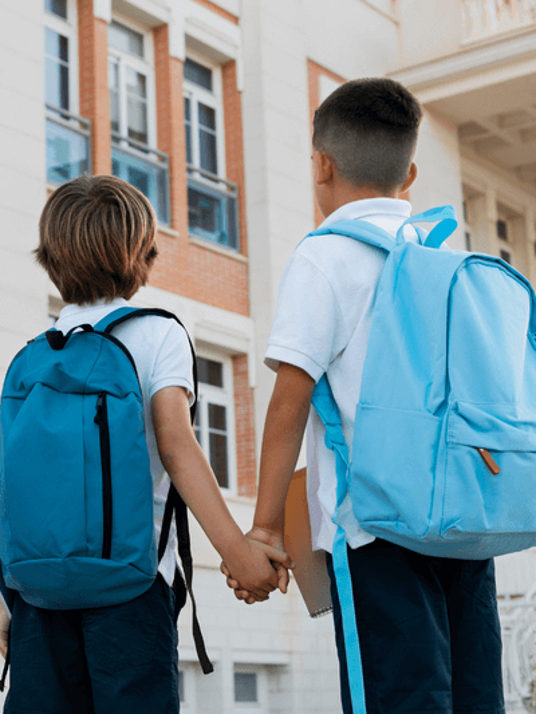Menu

As a school security officer, you’re entrusted with an extremely important responsibility: keeping school grounds safe for students, faculty, staff, parents, and approved visitors.
Yet, that primary responsibility is really composed of various duties that require you to maintain a high level of attention to detail, a great deal of empathy, the ability to handle challenging situations with professionalism, and much more.
In the following article, we’ll highlight some of the key responsibilities of your position.
As we mentioned in the introduction, your main objective as a school security officer is to make the entire campus safe and secure.
This is mainly accomplished by identifying potential security threats and taking appropriate steps to rectify or mitigate them.
To achieve these objectives, you’ll need to perform the following measures:
Another key responsibility of your role as a school security officer is to develop positive relationships with those you are serving, namely the students, parents, faculty and staff.
Forming these relationships not only allows you to establish a sense of trust with the school community, it also helps you identify any potential risks so you can resolve or mitigate them quickly and effectively.
Some of the various responsibilities in this area of your role include:
As a security officer, you’re not only bound to perform your duties according to all state and local laws, you’re also expected to enforce all current school policies and procedures.
This part of your role involves ensuring that students, faculty and staff are following the rules and regulations established by the school administration.
A few of the main responsibilities in this area of your role may include, but are not limited to:
In addition to maintaining a safe and secure school environment, your role as a school security may also involve providing support to students who are experiencing personal and/or family issues.
Some of the responsibilities needed to effectively perform this part of the role include:
Finally, as a school security office, it’s important to stay up-to-date with all of the current security best practices, trends, as well as all local laws, rules and regulations.
Doing so may require:
When you choose to be a professional school security officer, you’re taking on some very serious responsibilities. After all, your community is entrusting you with their greatest resource: its children.
By knowing what is expected of you, you can take the necessary steps to ensure that you can perform your responsibilities to the best of your ability.
One of the ways you can assure your community that you are qualified for this role is to enroll in the school security training and education courses available from Cardinal Point Security Group.
Taught by experienced industry professionals, our customized training courses cover a variety of topics such School Safety Practices, Anti-Bias Education and more. By enrolling in our courses you’ll have the knowledge and experience you need to become a PA state-certified school security professional.
To learn more about our virtual and in-person school security training courses, contact our team of school security experts today.